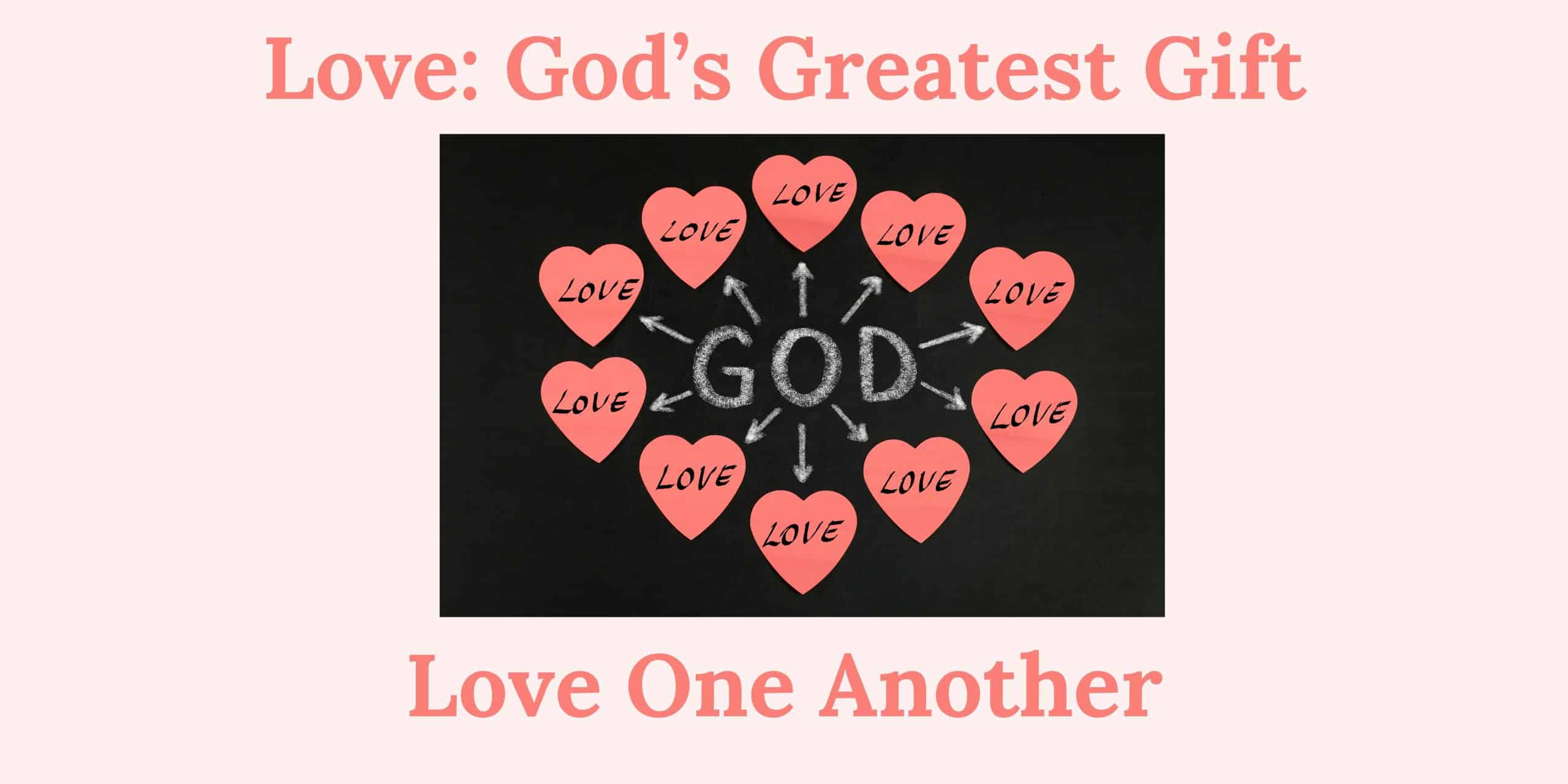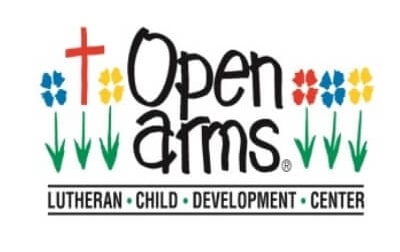
1 John 3:16-24
April 21, 2024
Did you know, Ancestry.com, 23 and Me, My Heritage, and other forms of DNA testing have become very popular. While the police may use DNA to track down criminals and others may use it to determine if family members carry a certain gene that can lead to cancer or some other disease, more and more people are using this DNA testing to put together their family tree, hoping with excitement that they may be related to someone famous. But if we were to look at our spiritual DNA, we may not be so excited as we would see that we have inherited Adam and Eve’s sin of rebelling against God. In the verses leading up to our second lesson for today, the disciple John explains how things are for us when he says, “For this is the message that you have heard from the beginning, that we should love one another. We should not be like Cain, who was of the evil one and murdered his brother. And why did he murder him? Because his own deeds were evil and his brother’s righteous. Everyone who hates his brother is a murderer, and you know that no murderer has eternal life abiding in him” (1 John 3:11,12,15).
So not only are we like Adam and Eve, but we are also like their son, Cain, the world’s first murderer. Now that may sound a bit harsh, maybe extreme, but the truth is we are probably more like Cain than we would like to admit. Notice that John does not qualify his words. He doesn’t tell us to love only those who are nice to us. He simply says to love one another. Love every person that you meet whether they are deserving of your love or not. Jesus demonstrated that kind of love, as John said in the opening verse of our text, “By this we know love, that Jesus laid down his life for us, and we ought to lay down our lives for our brothers” (1 John 3:16).
The fact is everyone loves in one way or another. Even the worst people in history have loved. But here’s the thing: on our own, most of the time the object of our love is ourselves. When we love something, it’s usually because it brings us pleasure. When we hate someone or something, it’s usually because it is a threat to us. Cain loved, but the object of his love was himself. Cain was jealous that God accepted his brother, Abel’s offering, but not his, so out of anger, jealousy, and love of himself, Cain killed his brother. His love of himself was revealed as hate toward Abel. The message that we heard from the beginning is that we should love one another, but we don’t because we love ourselves first.
But the message of Easter reveals a different kind of love. It is a love that has another person as the object of its affection. It is a love that lays down one’s life for the sake of another. It is a love that is confident and unafraid because it lacks nothing. It is not motivated by fear of loss, but rather it recognizes that it has received everything, and so it freely gives. This is really amazing when you think about it. People tell us that we have to earn their respect. We understand that we have to earn a paycheck. When people tell us that they love us, it is often followed by the word, “because,” and the word is usually accompanied by something we did. For example, “I love you because you always support me.” Or, “I love you because you accept me just as I am.” There is nothing wrong with that and when we hear words like that, we feel good that we brought something good to another person’s life.
But John is not talking about a love that we have earned. Did we deserve to have God lay down his life for us? No, not at all. The love that God has made known to us is far different from any other love. Think of a young child who says to a parent, “I love you, mommy” or “I love you, daddy.” Why does the child love the parent? Because the parent first loved the child. The parent has done loving actions for the child. The parent has changed those diapers and fixed those meals. A parent’s love for the child creates a trust in the child, and in time, it will create loving actions of respect and obedience.
In the parent-child relationship, love starts with the parent, and this is how it works between us and God. We have nothing to offer him, and yet his love for us – especially the action of Jesus laying down his life for us – creates in us a faith toward him and a love for others that rises from a grateful heart. We love, because He first loved us. He cares for us, provides for us, and protects us.
Maybe that’s why we welcome the picture of a shepherd caring for his flock, in our Gospel lesson, rescuing us from the wolves of fear and sin, and loving us so much that he is willing to lay down his life for us. Even though we don’t know that much about shepherds, we do know that we need that kind of love – real, sacrificial love that shows itself not just in words, but in actions and in truth. Maybe that’s why the picture of Jesus, our Good Shepherd, though ancient and of a different culture, still speaks to the language of our hearts and the needs of our lives, because we know that Jesus’ love was genuine, unselfish, and unconditional. In fact, love is such an important part of a believer’s life that Jesus made it a distinguishing characteristic of Christians, saying in the Gospel of John, “By this everyone will know that you are my disciples, if you love one another” (John 13:35).
However, nothing turns off people more than actions that are artificial or words that are empty. In other words, love is not a feeling. Jesus demonstrated during His earthly life that love is a way of life, it’s an action that combines attitude, commitment, and conduct. The book of Romans describes Jesus’ love in this way: “While we were still weak, at just the right time Christ died for the ungodly. Very rarely will anyone die for a righteous person – though perhaps for a good person someone might possibly dare to die, but God shows His love for us in that while we were sinners Christ died for us” (Romans 5:6-8).
Actions or giving proves the sincerity of our love, and while we may be more like Cain than we would like to admit, in some ways we are actually more like Jesus than we may realize. The parent who sits up all night caring for a sick child does not call it a hardship or sacrifice but love. The husband who stays with an ailing wife as her health continues to deteriorate does not call it a sacrifice, but an honor and privilege to care and love her. The wife who gives and gives, so her husband can accomplish a lifelong dream does not call it a sacrifice, but love. Jesus was the ultimate giver as He gave His life for us, but we will never be like Jesus in every way until we learn to be generous givers in every area of our lives. And the one place where I think you will find these kind of loving givers is in this community we call the church. It is probably the only community in which an assembly of people of all ages meets on a weekly basis for support and service to others. But what makes the church unique as a community is that it gathers around its Shepherd, Jesus, to hear His voice in His Word, to experience His love in His Sacraments of Baptism and Communion, and to be His voice and to show His love to the world around us.
A hospital chaplain told me several years ago about a man who received a successful heart transplant, but still felt haunted by the fact that someone had to die in an automobile accident in order for him to get that heart. The chaplain responded by saying, “You know, that’s not the first person who died in order for you to live. Jesus did the same thing for you many years ago. The difference is that He still lives for you and He did the same thing for other people out of love who don’t even know that he died for them.” That conversation became a turning point in that man’s life. The realization of Christ’s love awakened in him a desire to share that love with others. My prayer is that God will awaken that same desire in each of us, that as a community of people who are loved and cared for, we may also put our love into action by caring for others. After all, while there may be times we are more like Cain than we would like to admit, Jesus gave His life for us out of love so that we would stay connected to Him, to give us the power to be more like Him, and to love others as God loves us.


